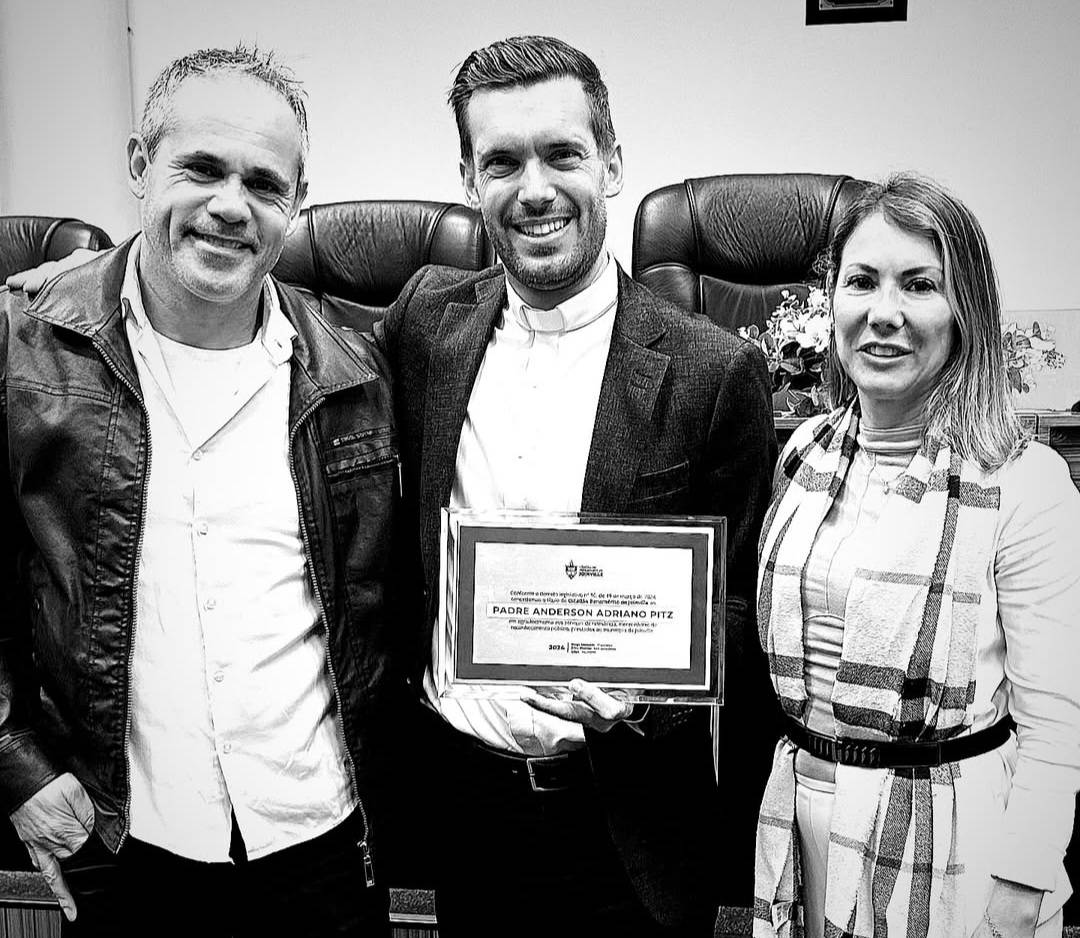SAO PAULO (AP) — Brazilian President Jair Bolsonaro on Friday nominated a judge with a record of flexible rulings to the country’s Supreme Court, frustrating evangelical members of his conservative base who had been promised one of their own for the opening.
Bolsonaro announced his nomination of Kassio Marques on Thursday during a live broadcast on Facebook and submitted his name to the country’s official gazette on Friday. Marques, 48, little known by political heavyweights in the capital Brasilia, requires confirmation by Brazil’s Senate.
Career judge Marques would replace Celso de Mello, who will retire this month as he nears the court’s age limit of 75 years. De Mello is widely regarded as a nonpartisan scholar and has sat on Brazil’s 11-member top court since 1989.
Marques became a federal judge 10 years ago. Prior to that he worked as a lawyer for 15 years. An expert in tax codes, he has a master’s degree in constitutional law from the University of Lisbon and a doctorate in law from the University of Salamanca, in Spain, according to Brazil’s association of federal judges.
Bolsonaro’s pledge to promote traditional values in Brazil, as well as his opposition to abortion and what he refers to as “gender ideology,” helped him secure support from one of the world’s largest evangelical populations. He has repeated that while the state is secular, his government is Christian, and many expected him to tap a conservative ideologue for the top court despite risks of exacerbating conflict with moderates in other government branches.
“It looks like an armistice with the Supreme Court and Congress after many rifts; those difficulties were becoming a minefield for the president’s future,” Carlos Melo, a political science professor at Insper University in Sao Paulo, said by phone. “It is hard to believe that the evangelical base will drift away because of the pick, but it is a sign that Brazil’s checks and balances are now on Bolsonaro’s mind.”
Brazil’s national bar association, a frequent legal critic of Bolsonaro’s, said Marques fulfills all constitutional obligations for the position and praised his legal experience.
Bolsonaro said in July 2019 that his first appointment to the Supreme Court would be “awfully evangelical.” Several members of Bolsonaro’s cabinet are evangelical.
Pastor Silas Malafaia, one of Bolsonaro’s staunchest evangelical advocates, called his choice “absurd” and “shameful.” In a video he posted to his social media channels, he accused the president of trying to please moderate lawmakers with a Supreme Court justice who has adopted “socialist positions” during his career, without specifying which.
“We don’t need an evangelical, but someone who is awfully right-wing,” Malafaia said. “This is a total disappointment.”
Malafaia added that Bolsonaro should follow the example of U.S. President Donald Trump, who recently nominated federal appeals judge Amy Coney Barrett to become the next U.S. Supreme Court justice.
The nomination of Barrett, a Catholic conservative who has openly championed anti-abortion positions, pleased the Christian conservatives in Trump’s base.
On Friday, several of Bolsonaro’s allied lawmakers took to social media in an attempt to shore up support.
Brazilian lawmaker and evangelical pastor Marcos Feliciano indicated he doesn’t approve of Bolsonaro’s nominee, but wouldn’t break ranks.
“Once a decision is made, it is my job as an ally to hope everything will work out,” Feliciano said on Twitter. “The Bible says: Every kingdom divided against itself will be ruined.”
Marques’ confirmation hearings are expected to take place in Brazil’s Senate in December due to mayoral elections scheduled for November.
Since Marques’ name appeared among the possible nominations on Monday, many Bolsonaro backers had voiced their opposition.
During Thursday’s live broadcast, Brazil’s president tried to encourage his disheartened supporters.
“The second vacancy will be for an evangelical, OK?,” Bolsonaro said.














